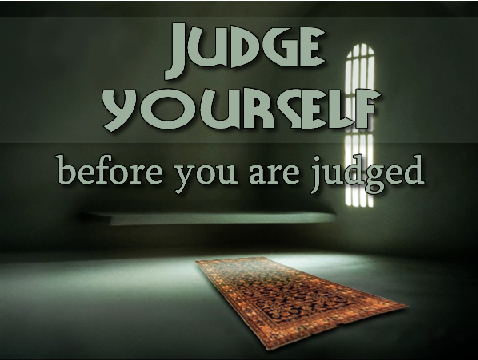
Self-esteem reference to how you feel about yourself including your words your values as a person. (O'Hair &Wiemann, 2015, p.48).
Self-esteem challenges one's ability to view themselves as either a positive or negative influence on society. For an example, when someone looks in the mirror how do they view themselves, someone, that's confident, some of that arrogant, someone that's motivated. Or does someone view themselves as timid, bashful, incompetent and unwilling to speak up during any group discussions or disagreement? Self-esteem, it's something that each individual will face on a daily basis, ultimately the individuals can make that choice of being proactive or neglecting with their self-worth values.
In my personal life self-esteem and self-efficacy, it's something that I hold value in the field of early childhood and educational settings. Being honest about my own vision of life and other, allows me to search deeper about the purpose in life and why we (Human) do what we do.
Acknowledging the power of self-esteem and self-efficacy, empower my professional walk-in Children Development communication skills. Understanding the dynamics of communication through verbal, nonverbal and gesture will be an ongoing journey of opportunities of understanding one another (race, sex, gender, and age).
O'Hair, D., Wiemann, M., Mullin, D.I., &Teven, J. (2015). Real communication: An introduction. (3rd ed). New York: Bedford/St. Martin
No comments:
Post a Comment